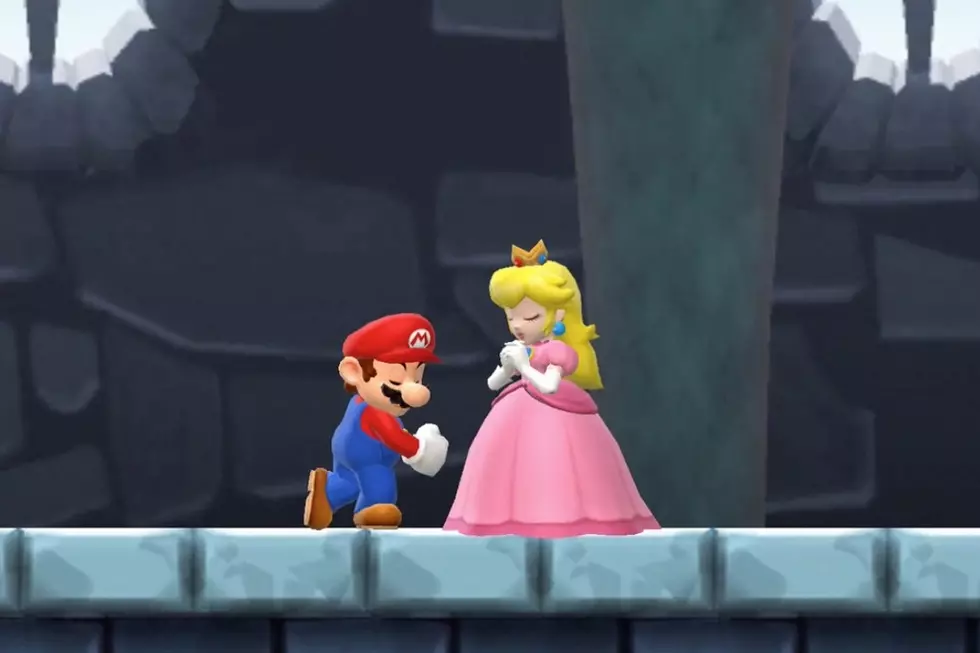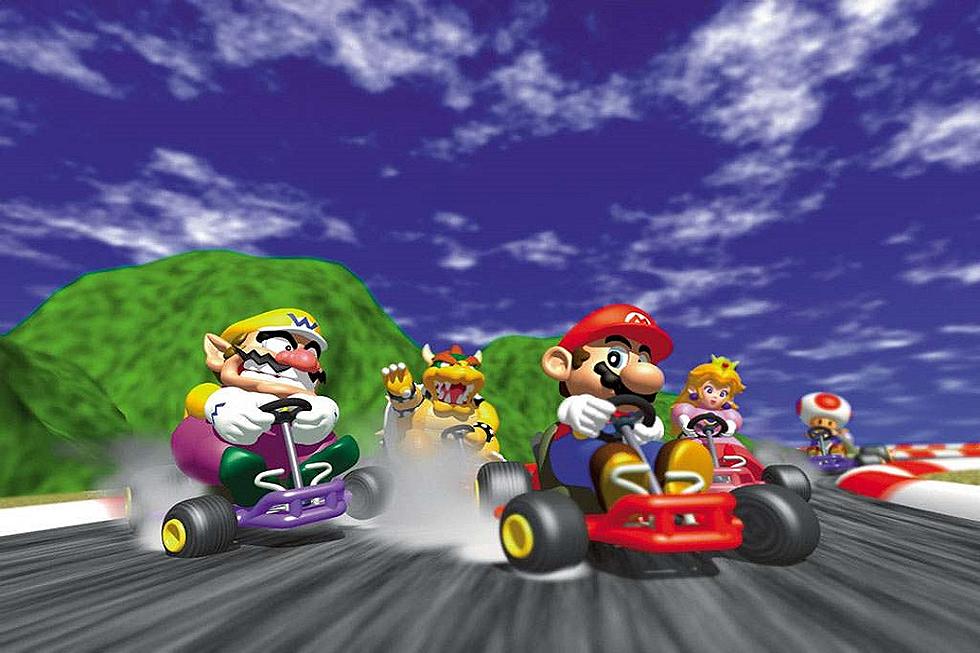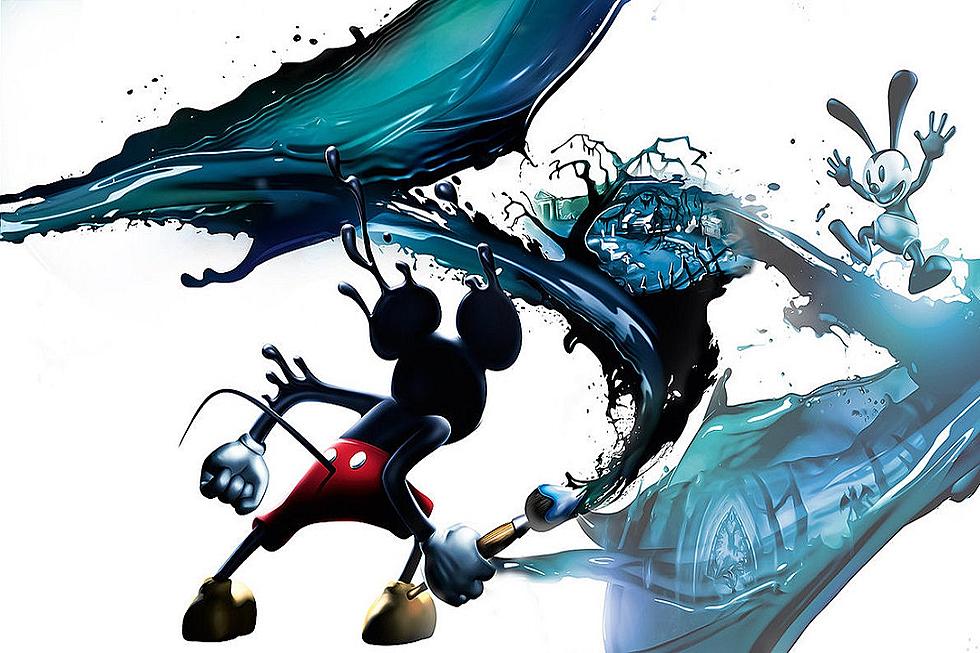
Decisions That Shook The Galaxy in The Original Mass Effect
Could you have ever imagined that you would make an important decision in a video game in 2007 that would have had lasting consequences on a video game you would play in 2012? In an industry where the lifespans of a released idea can be fleeting, it’s an astronomical proposition to think of, but it did happen. Bioware has done some lofty things with RPGs, character creation and an entirely player-driven experience, but few have ever come close to the sheer scope of consequences as that of the Mass Effect franchise. It was on this day in 2007 that we first stepped into the boots of our own Commander Shepherd and began an epic conquest to save the galaxy from a hidden and terrifying threat in the first Mass Effect.
The beginning of planning for the original Mass Effect took place in 2004 under the direction of Casey Hudson, who had just finished directing the recently released Star Wars: Knights of the Old Republic at the time. With some distinct experience of how to handle a science-fiction RPG under their belt, Hudson and the team at Bioware felt confident in creating a universe all their own. From the very beginning, Mass Effect was intended to be a trilogy. To this end, Hudson’s team set out to create an expansive lore of alien society, galaxy design and game programming technologies that would be used to make transition to sequels a much easier process.
In the far future of 2183, humanity has realized space travel and discovered new technologies beyond the Earth’s imagination: huge interstellar stations capable of allow travel across vast reaches of space in mere seconds. It is by these means that humanity discovers it is not alone. A huge structure known as the Citadel acts as a hub for the major alien races of the Milky Way to convene, decide upon diplomatic affairs and maintain peace throughout the galaxy. Among the Citadel are the Spectres: elite galactic agents that work above the law to keep the galaxy safe. However, when one Spectre goes rogue and seems to be moving to usher in chaos and destruction across the galaxy, it falls to an elite human operative to gather a team, respond to threats throughout the vast reaches of Citadel space, unravel the rogue Spectre’s scheme and stop it by any means necessary.
In creating Mass Effect, a primary goal was to bridge the gap between tactical RPG and action-shooter. Hudson’s team wanted the player to have full and easy control of teammate abilities akin to that which could be found in the pseudo turn-based style of Knights of the Old Republic, but also wanted to preserve a sense of action and flow in the game where the player could easily and actively fight enemies on the fly. This culminated in a real-time tactical gameplay with an option that would stop combat once activated for the player to issue orders, similar to that which can be found in Dragon Age: Origins.
Dialogue and player choice was another deeply developed focal point for the team. Much as in previous Bioware games, Commander Shepherd is given the option to respond to various scenarios however the player deems fit, but player choice was given a scope far beyond anything Bioware had pulled off before. Mass Effect’s story was directed by Knights of the Old Republic lead writer Drew Karpyshyn, who was in charge of ensuring that practically all dialogue in Mass Effect was capable of supporting the various player choices and responses made throughout the game. Kill a character? Other characters remember. Save a formerly hostile race? You better believe there’ll be consequences. In the end, the varying script of Mass Effect contained over 20,000 lines of spoken dialogue to account for almost any possibility imagined.
Mass Effect was an amazing opening volley in its time for a spectacular trilogy. Combat was marred a touch by flimsy combat featuring poor AI and unbalanced mechanics and exploration of worlds easily became a choir more than a joy after a while. That said, never had a game been so deeply ingrained with the magnitude of story and universe building that put into Mass Effect’s creation. To a certain extent, it is most certainly the grainy and aged elder product among its following sequels, but all great stories start somewhere and Mass Effect’s may arguably be one of the most complex and branching narratives ever told in an interactive experience.
More From Arcade Sushi









